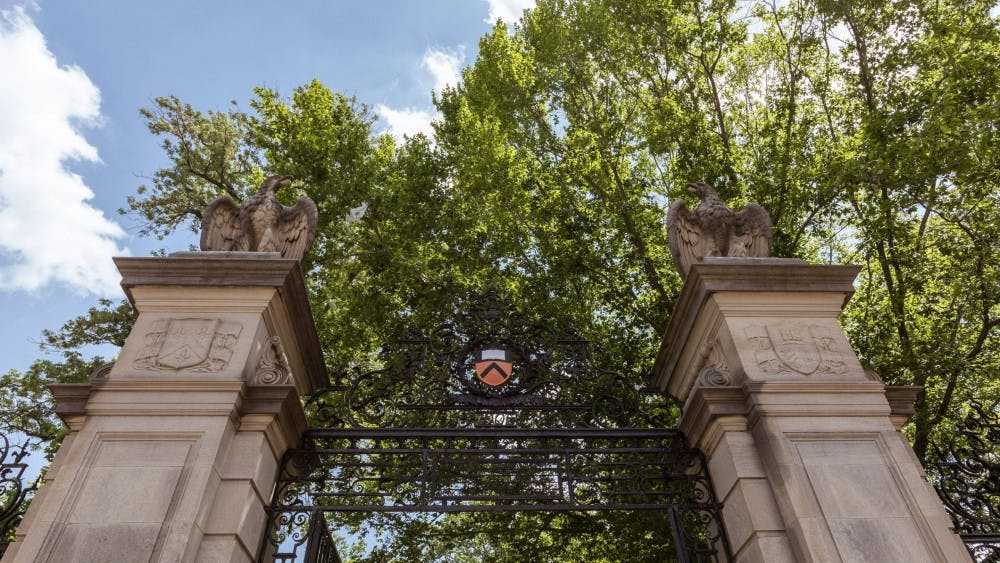The following is a guest contribution and reflects the author’s views alone. For information on how to submit an article to the Opinion Section, click here.
Students, staff, and faculty alike are looking forward to being together on campus at last. But this week the University announced that everyone will have to wear masks indoors. Is this step necessary?
As one argument goes, we shouldn't have to mask because we are nearly all vaccinated, as required by University policy. Best estimates, to date, are that vaccination reduces an individual's risk of getting infected by a factor of 8 and of hospitalization by a factor of 25, while being almost completely effective in preventing death. Combine that with the low risk to an undergraduate-age population, and masking seems unnecessary for students.
But if you're a student, there are two factors that change the calculus, illuminating the necessity of masking: community risk, and asymptomatic transmission.
Let's start with community risk. The University community consists of students, staff, and faculty. Staff and faculty number in the thousands, and are older than the student body. These people are members of the community. They go home to families with children under 12, and in some cases they or their loved ones cannot get the vaccine for health reasons. Our duty to the Princeton University community makes us responsible not only to students, but to this larger circle of people.
The current third wave of the pandemic has not yet peaked, and the delta variant is about twice as transmissible as the variant that originally hit the United States in March 2020. Here in New Jersey, the number of COVID-19 cases is currently 1 out of 6,000 residents and is doubling every three weeks or so. Nationally, the case rate is 1 out of 2,700 and is doubling every two weeks. In the face of this national acceleration, the University’s policy helps protect Mercer County, which currently has one COVID-19 death each week. In about a month we will know more about whether they — and we — have succeeded.
Vaccinated people are at lower risk of catching COVID-19, but the risk is not zero. Even before the rise of the delta variant, at least half of person-to-person transmission events originated from infected people who have no symptoms of COVID-19. In such circumstances, masking and frequent testing are indispensable protective measures. Until case rates go down, prudence dictates that we take precautions.
This isn't necessarily a permanent move. Surely future masking policies will depend on case rates in our community. If we can avoid a renewed outbreak in these first weeks of the term, there will be an opportunity to revisit the masking rules. The rational approach to the pandemic is to adjust our behavior in response to changing conditions. After what we've been through for the last year and a half, surely we can hang on for a few more weeks.
Sam Wang is a professor of neuroscience and the director of the Electoral Innovation Lab at the University. He can be reached at sswang@princeton.edu.









